Participants
CPE-Conference-Participants-Biographies-2015
Organizers
Bob Jessop, Department of Sociology, Cultural Political Economy Research Centre, Lancaster University
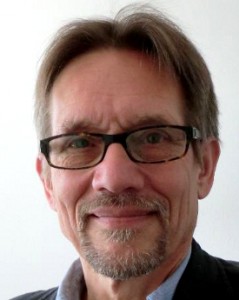 |
 |
He is a Distinguished Professor of Sociology and the founding co-director (with Ngai-Ling Sum) of the Cultural Political Economy Research Centre at Lancaster University. He was awarded two honorary doctorates from Roskilde University (Denmark) and Malmö University (Sweden). He has worked for many years on theories of the state and state power, critical political economy (including the régulation approach), critical realism, cultural political economy, and questions of governance and governance failure. He held a 3.5-year professorial research fellowship (2010-13) from the Economic and Social Research Council (UK) to study the crisis of crisis-management in relation to the North Atlantic Financial Crisis and its broad-ranging repercussions. He was awarded (with Ngai-Ling Sum) the Gunnar Myrdal Prize by the European Association of Evolutionary Political Economics (EAEPE) for their co-authored book, Beyond the Regulation Approach (2006). Other recent books include: The Future of the Capitalist State (2002), State Power (2007), Towards Cultural Political Economy (co-authored with Ngai-Ling Sum) (2013) and The State: Past, Present, Future (2015).
Ngai-Ling Sum, Department of Politics, Philosophy and Religion, Cultural Political Economy Research Centre, Lancaster University
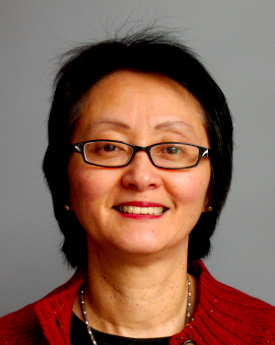 |
 |
She is Reader in Cultural Political Economy in the Politics, Philosophy and Religion Department and the founding co-Director (with Bob Jessop) of the Cultural Political Economy Research Centre in Lancaster University. She has research and teaching interests in regulation approach, cultural political economy, Marx, Gramsci and Foucault; globalization and competitiveness, corporate social responsibility, global retail, BRICs, financial crisis, internationalization of the Renminbi (Chinese currency). She was awarded (with Bob Jessop) the Gunnar Myrdal Prize by the European Association of Evolutionary Political Economics (EAEPE) for their co-authored book, Beyond the Regulation Approach (2006). In 2013, she co-authored with Bob Jessop a companion volume titled Towards a Cultural Political Economy. She publishes in journals like Economy and Society, Critical Policy Studies, Development Dialogue, New Political Economy, Critical Asian Studies, Competition and Change, Capital & Class, Urban Studies, Journal of Knowledge Economy, and Language and Politics as well as book chapters many edited collections.
Major Contributors
Claes Belfrage, Management School, Liverpool University
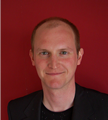 |
 |
My work focuses on select European political economies to study the interrelation between financialisation, aestheticisation and politics. I am particularly interested in understanding the lived experience of capitalism, how it is shaped by capitalist institutions and the politics of articulating and implementing financialising strategies. I am working on two separate case studies: the contradictions of the par excellence Social Democratic Swedish case and the island micro-political economy of Iceland (with Eirikur Bergmann, Bifrost University, and David Berry, Swansea University). I have recently intensified my interest in regional integration, especially the financial dimension, focusing on both Europe and South America. I typically seek to periodise the historical background to contemporary developments and events in these cases. In this research, I am inspired by a range of critical approaches, concepts/notions and methods, including Regulation Theory, hegemony, aesthetics and aestheticisation, semiosis and ethnography. I also develop methods for the analysis of this data, including most recently Critical Grounded Theory (with Felix Hauf, Goethe-University of Frankfurt).
Roger Dale, Graduate School of Education, Bristol University
 |
 |
He is the Professor of Education in the Graduate School of Education at Bristol University. He is the founding co-editor (with Susan Robertson) of the journal, Globalization, Societies and Education. Until 2002, he was Professor of Education at the University of Auckland. Whilst at Auckland, he co-led a major research study into the responses to globalisation of four education systems – Alberta (Canada), New Zealand, Scotland and Singapore. One strand of investigation was the role of regional organisations (EU, NAFTA and APEC) in national responses to globalisation. This led to a major interest in the EU and education policy, which is now the main focus of his work, complementing and extending qualitatively his earlier work on the state and education policy. It led to him becoming Academic Coordinator of the EU Erasmus Thematic Network, GENIE (Globalisation and Europeanisation in Education) which was based in the GES. He publishes in journals like Oxford Review of Education, Globalization, Societies and Education, World Yearbook of Education 2012 as well as editor and author of many volumes.
Jamie Doucette, School of Environment, Education and Development, Manchester University
 |
 |
He is Lecturer in Human Geography in the School of Environment, Education and Development at the University of Manchester. He did PhD in Geography at the University of British Columbia, and has held a Japan Society for the Promotion of Science Postdoctoral Fellowship at Hitotsubashi University in Tokyo, Japan and was a visiting research fellow at the Democracy and Social Movements Institute at Sungkonghoe University, Seoul, South Korea during his doctoral research. His research interests include the political economy of Korean democratization and development, the transformation of Korean labour relations, and the changing nexus between sovereignty, territory and economy in East Asia. His articles, present and forthcoming, have appeared in such publications as Transactions of the Institute of British Geographers, Critical Asian Studies and the Journal of Contemporary Asia, among others.
Felix Hauf, Department of Political Science, Goethe Universität, Frankfurt am Main
 |
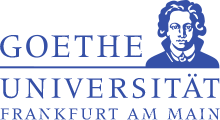 |
Felix Hauf is a research associate and doctoral candidate at the Department of Political Science, Goethe University Frankfurt. He studied political science, economics, sociology and philosophy at Goethe University Frankfurt and York University Toronto. He is currently finalising his PhD thesis examining the Cultural Political Economy of Decent Work taking Indonesia’s garment industry as a case study. His research focuses on International and Feminist Political Economy, Cultural Political Economy and Critical Grounded Theory, as well as labour unions and social movements, especially in Indonesia.
Martin Jones, Geography Department, Sheffield University and White Rose Social Science Doctoral Research Centre
 |
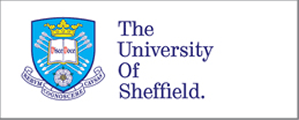 |
He is the Professor of Urban and Regional Political Economy and the Director of the White Rose Social Science Doctoral Training Centre at Sheffield University. He received an Honorary Professorial position (Docentship) in Oulu, Finland and the Philip Leverhulme Prize for Geography. He is also the originator and co-editor of the journal Territory, Politics, Governance. In addition to his sole-authored book on New Institutional Spaces: Training and Enterprise Councils and the Remaking of Economic Governance (1999); he has co-authored various volumes such as An Introduction to Political Geography: Space, Place and Politics (2004 and 2015), Rescaling the State: Devolution and the Geographies of Economic Governance (2012), and The Nature of the State: Excavating the Political Ecologies of the Modern State (2007). He also publishes widely in journals such as Environment and Planning A, Regional Studies, Urban Studies, Antipode, Progress in Human Geography, etc. as well as contributors to many edited volumes.
Paul Jones, Department of Sociology, Social Policy and Criminology, Liverpool University
 |
 |
He is a lecturer in Department of Sociology, Social Policy and Criminology at Liverpool University. His main research interests fall within the broad area of urban sociology, and have a particular focus on culture and political-economy. His research on sociology of architecture has involved analysis of the political mobilisation of architects and their landmark buildings in periods of social change. His major publication includes a sole-authored book on The Sociology of Architecture (2011) as well as articles in Architecture Theory Review, Urban Studies, Sociology, Rehabilitation and Disability, etc. His article in Sociological Research Online won the 2014 SAGE Prize for Innovation and/or Excellence.
Anthony Hesketh, Lancaster University Management School
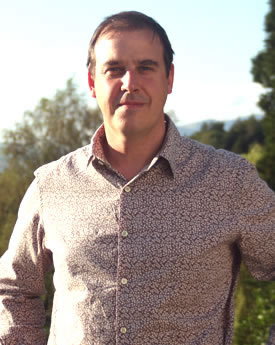 |
 |
I am a Senior Lecturer in the Management School at Lancaster University, Visiting Professor at Copenhagen Business School, senior advisor on analytics to Ernst & Young and recently named by HR Magazine as one of the profession’s Top Ten Thinkers. More recently my work has been devoted to investigating alternative theories of value in the accounting and strategy fields with recent projects for the UK Government, Chartered Institute of Accountants and Royal Society of Arts. When I’m not researching or teaching, I’m cycling or running (although you’d never know it on the basis of this [old] photograph).
Phoebe Moore,School of Law, Middlesex University
 |
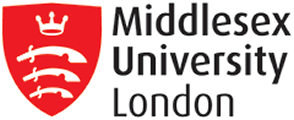 |
She is an active researcher and a Senior Lecturer in International Relations at Middlesex University London. She is currently writing about the quantified self at work and decent work as an internationalising concept and has previously published on the dangers of the revolving door in private and public in educative spheres from a neo-Gramscian perspective and the control of the self in digital work and peer to peer production. She has published a number of books, articles and reports about labour struggle, industrial relations and the impact of technology on everyday lives. Her books include Globalisation and Labour Struggle in Asia: A Neo-Gramscian Critique of South Korea’s Political Economy (2007), International Political Economy of Work and Employability (2010) and Globalisation and the New Semi-peripheries in the 21 Century (with Owen Worth) (2009). She also publishes in journals such as International Politics, Global Society, Journal of Critical Education Policy Studies, Capital & Class, and Globalizations.
Jihoon Park, Department of Sociology, Lancaster University
 |
 |
He is a doctoral research student in the Department of Sociology at Lancaster University. He is working on the cultural political economy of South Korea from a variegated capitalism perspective under the supervision of Professor Bob Jessop and Dr Ngai-Ling Sum. He is also a research fellow in the Institute of Social Sciences (ISS) at Sogang University (South Korea) where he previously earned his BA (Economics) and MA (Political Science) degrees. Before starting his doctoral research at Lancaster, he worked at the New Progressive Party of South Korea as a policy analyst and at the ISS as a staff member in charge of organising academic conferences.
Susan Robertson,Graduate School of Education, Bristol University
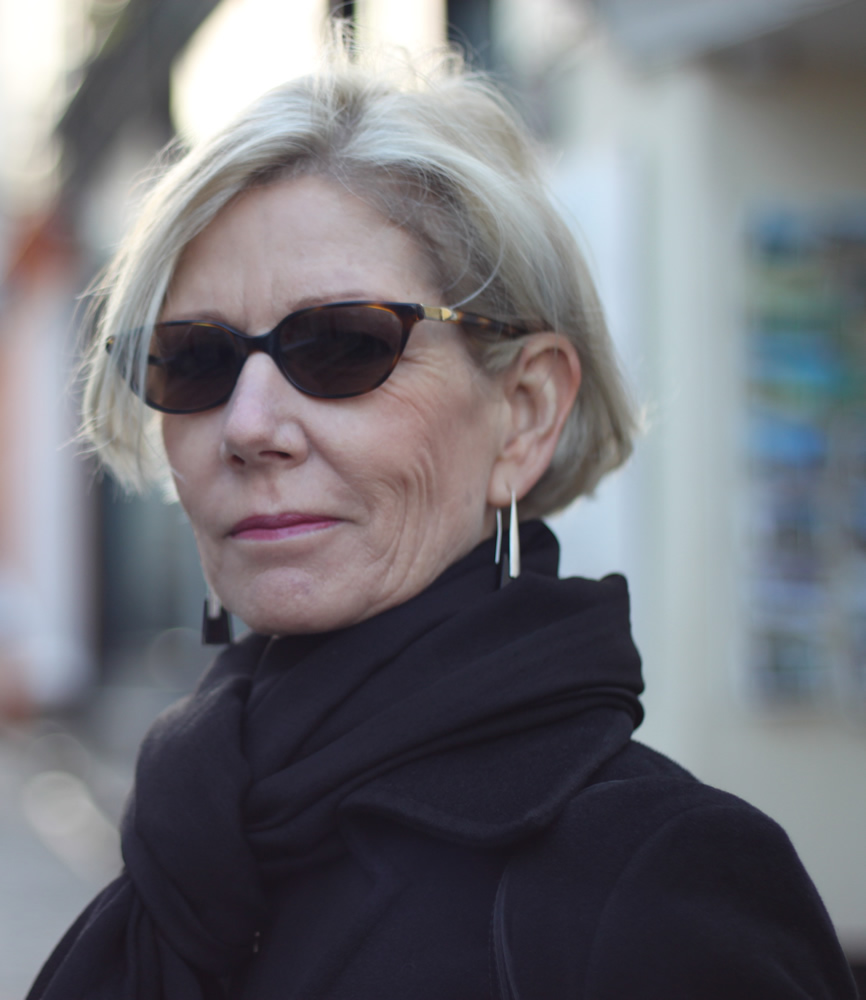 |
 |
She is the Professor of Sociology of Education in the Graduate School of Education at Bristol University. She is also the founding Director of the Centre for Globalization, Education and Societies at the University of Bristol, and founding co-editor (with Roger Dale) of the journal, Globalization, Societies and Education. She also works closely with a colleague, Kris Olds, University of Wisconsin, Madison, around many of these issues, including a blog GlobalHigherEd which provides regular briefings on developments in that sector. In terms of her research agenda, she plays an important role in developing a critical agenda for the study of globalisation and education. With the latter being increasingly drawn into servicing the economy, she focuses on the global and regional arenas of educational change. These include examining the growth of international agencies and transnational firms in reconfiguring the education spaces, e.g., Europe. She publishes in journals like Oxford Review of Education, Globalization, Societies and Education, Comparative Education Review, Discourse as well as editor and author of many volumes.
Mikael Stigendal, Department of Urban Studies, Malmö University, Sweden
 |
 |
He is professor in Sociology in the Department of Urban Studies at Malmö University, and recently a Commissioner on the Commission for a Socially Sustainable Malmö. His doctoral thesis from 1994 dealt with the cohesion of Swedish society, from a local perspective on Malmö. Thereafter, his research has focused on the emergence of social exclusion in European cities, particularly regarding the situation for young people. Currently, he takes part in the FP7 funded project Citispyce, “combating Inequalities through Innovative Social Practices of and for Young People in Cities across Europe”, which involves research in ten cities. Much of his research has been carried out interactively, in collaboration with municipal employees, voluntary workers and young people.
Nader Talebi, Department of Sociology, Lancaster University
 |
 |
Nader Talebi is a PhD candidate in the department of Sociology at Lancaster University. He is currently writing his thesis on the (trans-)formations of national state in 1970’s Iran toward a cultural political economy of 1979 ‘revolution’ and working as an assistant to Prof. Bob Jessop. Nader has a Master’s degree in Sociology from Allameh Tabataba’i University, Tehran (2010). His MA thesis was on ‘child labour and reproduction of social class’ which is inspired by seven years of activism on child labour and immigrant workers in Iran. Nader has a background in software engineering and received his Bachelor’s degree from Iran University of Science and Technology, Tehran (2006). His general research interests include State Theory, State Space, Historical Sociology, Political Sociology, Cultural Political Economy, Strategic-Relational Approach, and the modern history of Iran.